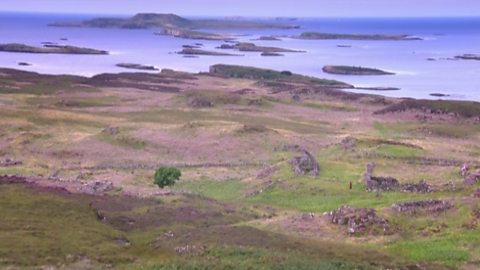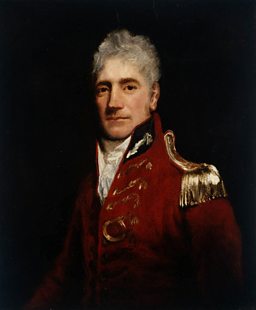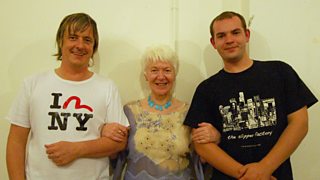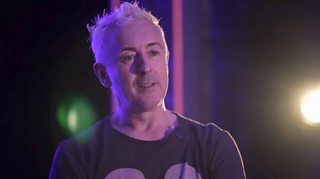How Ulva’s Lachlan Macquarie became the ‘Father of Australia’
24 July 2017
Strolling down the sunlit modern streets of Sydney, Australia, one name reoccurs: Macquarie. There’s Macquarie Park, Mrs Macquarie Point, Macquarie University, Macquarie investment bank, and, naturally, a Macquarie Street.
Far from a local boy-done-good, the name harks back to a Hebridean Scot hailed as the ‘Father of Australia’.
Born on in 1762, left home at 14 and forged a successful career in the British army.

The roots of Lachlan Macquarie
Mark Horton sails to the remote birthplace of 'The Father of Australia'.
After distinguished service in North America, India, and Egypt, in 1809 he was appointed governor of the British colony of New South Wales.
At the time seen as little more than an overseas prison for Britain’s criminal elements, in his 11 years in charge Macquarie did much to transform the territory from penal colony to a land fit for settlers.

As the colony’s population rose sharply, Macquarie engaged in major public works including the building of hospitals, the planning of new settlements, the establishment of a bank, and the introduction of a new currency.

An authoritarian, Macquarie also earned a reputation as a fair-minded reformer who did much to improve the lives and conditions of the former convicts.
Macquarie granted them the same citizenship rights as free settlers — a move which later generations saw as the first essential steps to nationhood for the fledgling Australia.
Macquarie eventually retired and moved back to Scotland in 1821. He died in 1824 and .
His grave is maintained by the National Trust of Australia. The inscription on the tomb simply reads: The Father of Australia.
Latest features from Â鶹ԼÅÄ Scotland
-
![]()
'Wild swimming helps me process the grief of losing my son'
The benefits of cold water therapy.
-
![]()
Winter adventures are appealing, but an expert advises caution
Trips in winter require particular knowledge and skills.
-
![]()
The rescuers: Why volunteers risk their lives in mountain emergencies
Landward meets members of the Cairngorm Mountain Rescue Team.
-
![]()
‘Look for the light’ – practical tips to help you through another winter with SAD
Useful advice and tips to combat low moods at this time of year.
-
![]()
How you could be a binge drinker without even knowing
Binge drinking is classed as fewer units than many people may realise.
-
![]()
How chocolate biscuits and drama classes helped one man leave prison behind
The healing power of creativity.
-
![]()
'When people believe in you, it’s life-changing'
Author Graeme Armstrong revisits the man who helped turn his life around.
-
![]()
The 'breath-taking' display of US birds swept on to British soil
Recent storms have brought rare birds to our shores.
-
![]()
Six things we learned about Alan Cumming on Take the Floor (Spoiler: includes accordions)
The actor spoke to Take the Floor's Gary Innes.
-
![]()
How street gangs trap young men in a dangerous cycle of violence
The almost inescapable pull of life in a gang.
-
![]()
Why stylist Gok Wan believes there's no such thing as bad fashion
The fashion expert says we should stop following rules and do what feels right.
-
![]()
Is sending a CV still the right way to apply for a job?
They've been central to job applications for years, but are they worth it?















